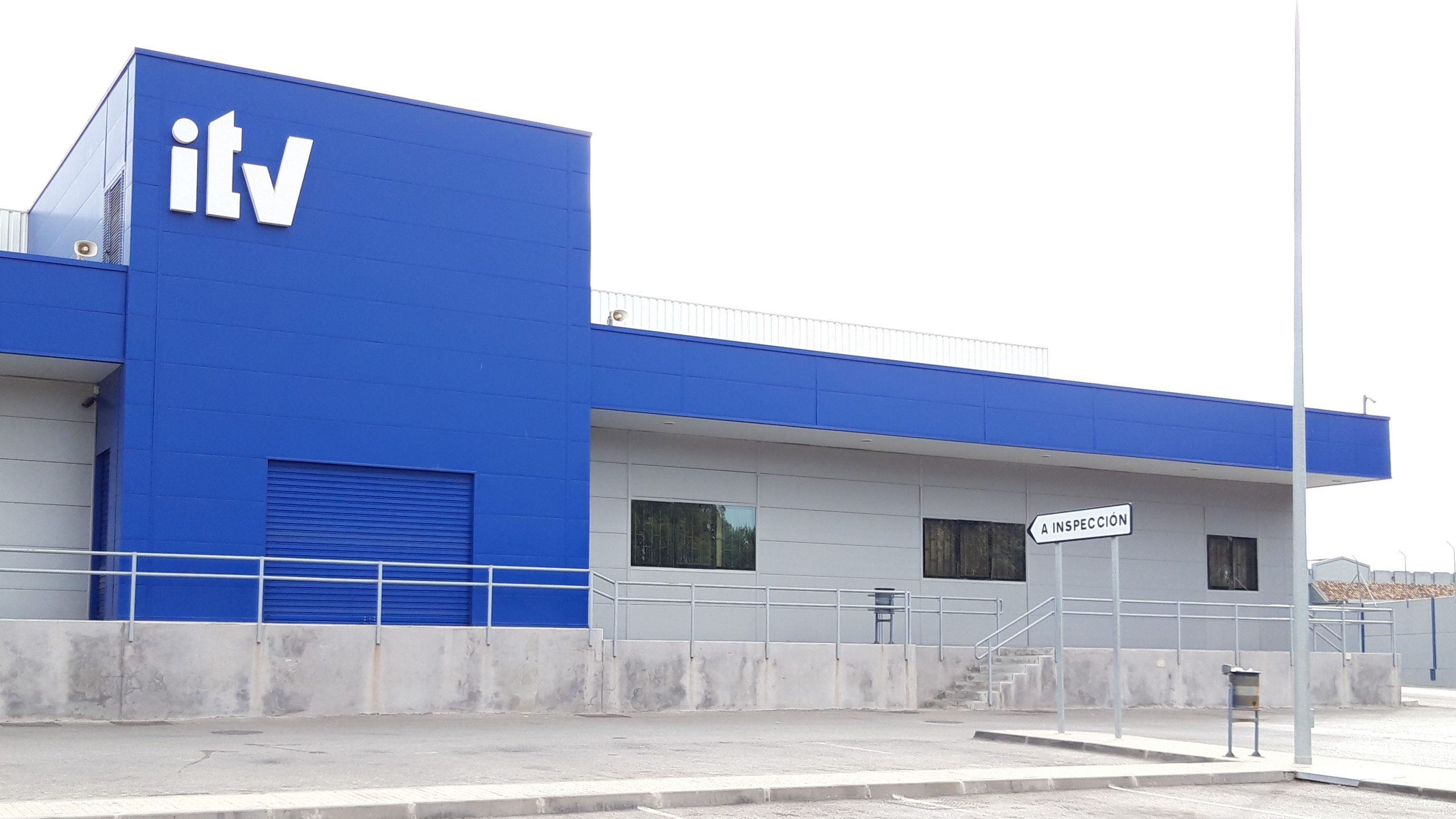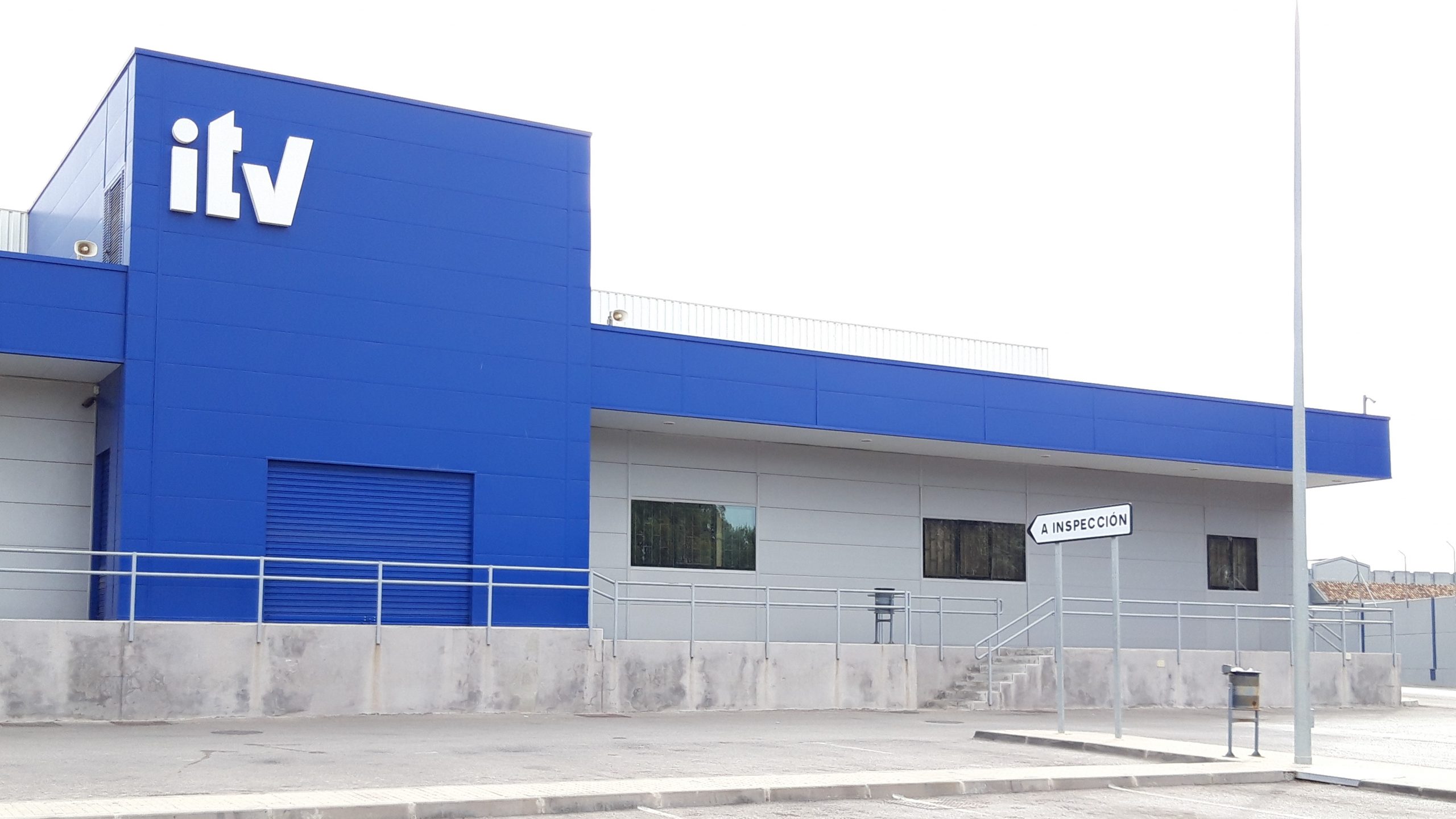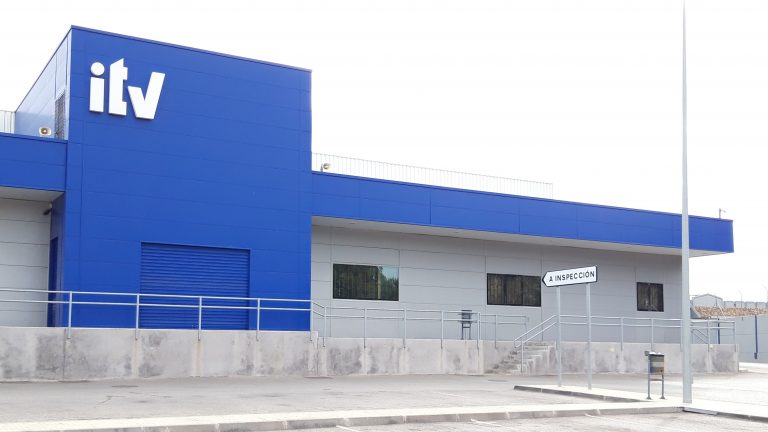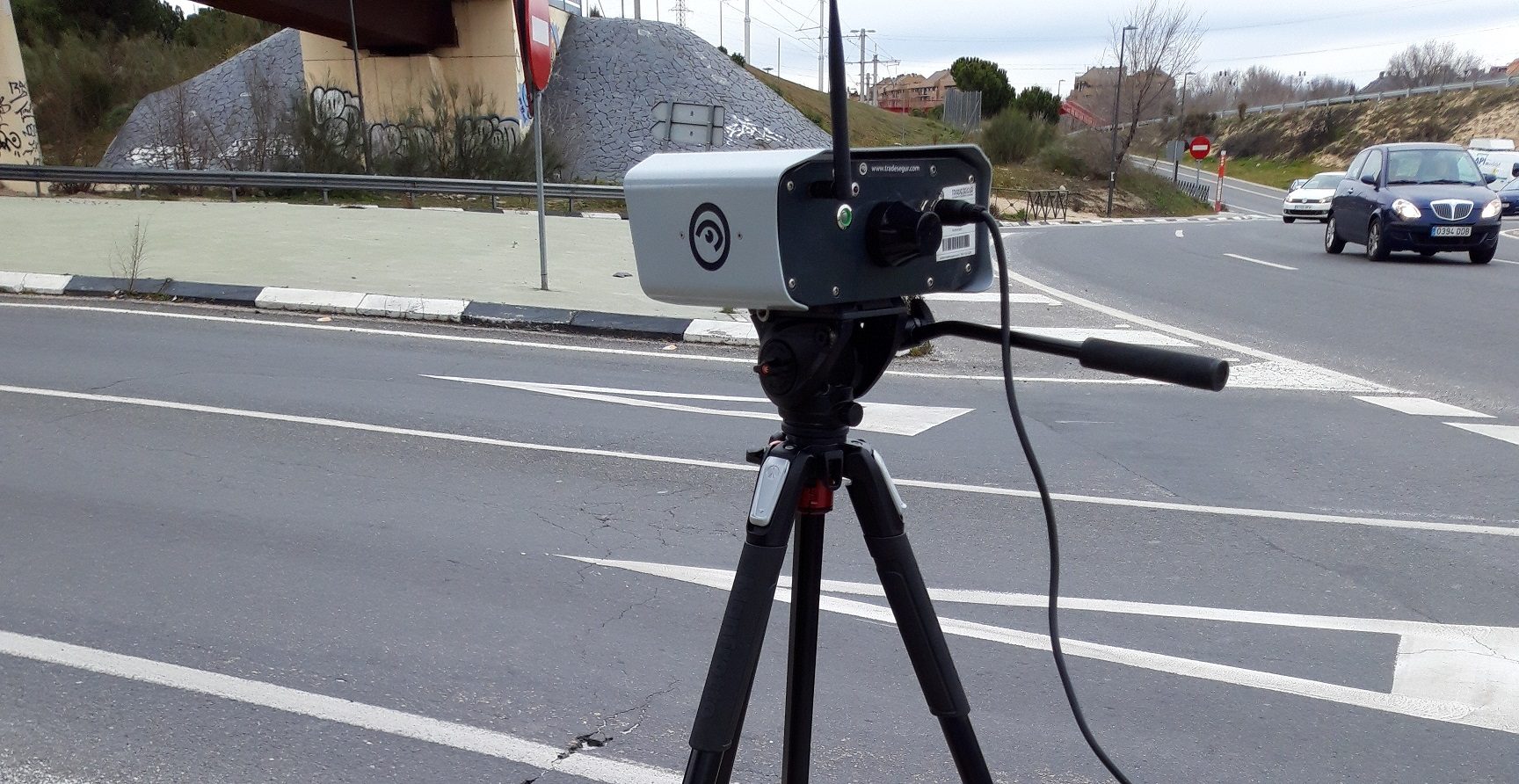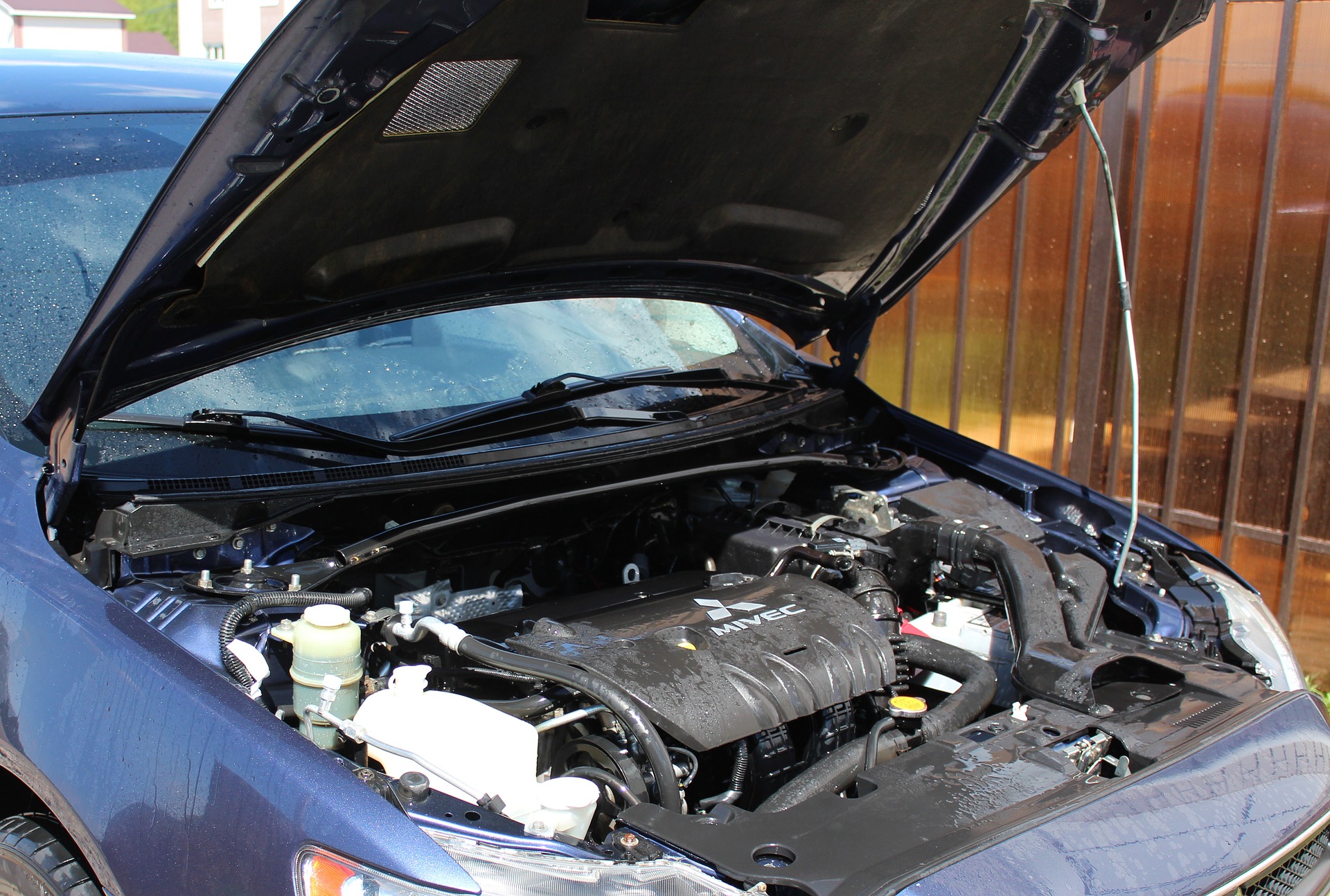Changes to the ITV Spain June 2021
How much is an ITV in Spain ?
New ITV dates following state of alarm
The ITV testing stations were closed on the 14 March 2020 when the state of alarm was announced in Spain.
ITV certificate expiry dates were extended under a previous decree and set to expire after the end of the state of alarm plus 30 days. With the last of the Spanish provinces coming out of phase ‘0’ on Monday 18th May an official bulletin from the state of Spain was realeased. For those whose ITV certificates have expired, whilst the ITV stations have been closed, it provides clarity as to when you need to get your ITV renewals completed.
The state of alarm for calculating new ITV tests finishes at 00:00 on 24 May 2020.
| Initial inspection date | Extension period once state of alarm finishes (calendar days) |
| Week 1: March 14-20 March | 30 days plus 15 additional days |
| Week 2: March 21-27 March | 30 days plus 2 periods of 15 days |
| Week 3: March 28 – 3 April | 30 days plus 3 periods of 15 days |
| Week n. | 30 days plus n 15-day periods. |
For example, if your ITV expired on the Monday 21 March 2020 then the validity of your ITV certificate has been extended until 23 July 2020. The state of alarm, as far as ITV tests goes, expires 24 May 2020. So it is 24 May + 30 days + 2 periods of 15 days = 23rd July. You must complete your ITV test before that date.
You will need to book for the re-test with an ITV centre.
Note, that once your vehicle has passed the ITV test the renewal date will be based on when the original test expired this year. The period will not start from the date of the revised test.
ITV Campaign January 2020
The General Directorate of Traffic (DGT) has just finished a campaign using 30 licence plate readers. The campaign ran for a week finishing on Sunday 26th January.
Statistics indicate that the risk of death or serious injury is double when vehicles of 10 to 15 years old are involved compared with cars under five years of age. Clearly the continual improvement in driver and passenger safety measures will play its part. However, maintenance of older vehicles is also an important factor.
30 cameras used to check valid ITVs
The Guardia Civil used the cameras along with local and regional police to read number plates and check the vehicle had a valid ITV certificate in place, similar to an MOT in the UK. The authorities then reproted vehciles without an uptodate ITV. The frequency of ITV tests depends on the age and type of vehicle you are using.
Importance of tyre tread
One of the important features of safety is the tyres. These are after all what helps keep the vehicle on the road. The recommended minimum of tread is 3mm although the legal minimum amount of tyre tread is 1.6mm. Incorrect tyre pressure, damaged or faulty suspension and bad wheel alignment can cause additional tyre wear.
Headlights
Other important elements that are regularly left for another day are vehicle lights. Not only do the lights help us see in poor conditions and at night they also help other drivers see us.
Over time lights lose their intensity. It is suggested they be changed every 40 kilometres or two years, whichever is the sooner. You should change both headlights at the same time is also the recommended advice. In a lot of cases their use is symmetrical.
Windscreen damage is usually repaired for free
It is also advisable to check your windscreen. With most insurers now offering a fast and free windscreen replacement service there really is little excuse not to get a crack repaired or replaced. You can often drive into a place like CarGlass or CristalBox and give them your insurance details and they will check with the insurer for you.
Remember if you have paid for your ITV to keep the sticker in the front windscreen. This is a legal requirement.
Source: DGT.es
New ITV Spain
This year the ITV has been updated.
With governments and people alike becoming more concerned with traffic pollution the new ITV in Spain means it is one of the first countries to adopt the new European regulations.
The emissions test is now more stringent and the new advances in technology will mean it is more difficult to fraudulently trick the tests, made famous by the Dieselgate scandal.
Within the new remit, the tests are able to evaluate the state of the ABS. ESP. airbags the odometer and other electrical systems.
Another change is that should your vehicle fail it was mandatory to re-take the ITV test at the same testing station. Under the new rules, it is possible to take your vehicle to be re-tested at another test station. You will need to bear in mind that many ITV centres allow a re-test free of charge.
If your vehicle fails the ITV test it will now be obligatory to show where any repairs were undertaken when you submit your vehicle for a second scrutiny. The idea is to be able to show this type of information in the history of the vehicle, provide greater transparency and reduce the possibility of fraud.
From now on you can submit your vehicle for the ITV test one month before the actual expiry date but still benefit from the full renewal period. For example, if your vehicle needs an ITV every twelve months but you do the revision after eleven months because it is more convenient for you, the renewal will be on the anniversary of the old test and you won’t lose a month. The idea is to give motorists more flexibility.
